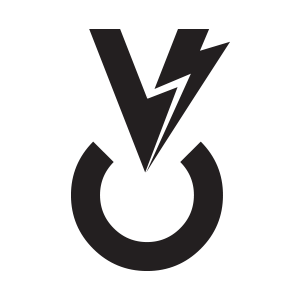Not long ago I came across the very first article I wrote for publication, far too many years ago. The article was entitled “Wearing Jack’s Hat,” though I don’t remember if that title made it through to publication. At the time I was writing on a floppy-disk computer and printing on dot matrix. The advice I gave in that article is more needed today, than then: as a small business owner you wear all the hats. You are a marketer, a salesman, a product development expert, a time management expert, and in your spare time, a family member. All these hats take time from your day, and need to be managed.
Now, of course, we realize that all those roles can’t actually be managed, even though we all still wear those hats and more.
Business Burnout
While it is easier than ever to start a small business — a simple website and an idea and you are up and running — it is also easier to burn out. The constant pressure to learn more, increase sales, add a social media channel and attend all your industry conferences can zap the joy from your day-to-day work and lead to a tired and exhausted owner.
So is there a solution?
Not really. The hard truth is that you must guard yourself and become a curator of your own life experiences in order to cull them down to the proper levels. Here are a few ideas to help you evaluate your current susceptibility to burnout.
Curate your own life. Click To Tweet
- Offering too many services? When times are lean, it is easy to succumb to psychological pressure to make more and do more. But sometimes the key lies in doing LESS. Yes, less. Adding additional services or products may seem like a great idea for a revenue source, but in reality the added complications they represent may distract you from your core mission.
Concentrate all your thoughts upon the work at hand. The sun’s rays do not burn until brought to a focus. Alexander Graham Bell
- Hiring too many people? Carrying the weight of extra staff can torpedo a business owner quickly. Every time you hire a new employee, remember that their problems — to a certain extent — become your own. You may find more relief by using freelancers, even at a higher rate of pay, than hiring full or part time employees.
Everyone enjoys doing the kind of work for which he is best suited. Napoleon Hill
- Hiring too few people? On the flip side, the pressure of constantly managing and evaluating outside freelancers can eventually become overwhelming. The general rule of thumb is to hire a new employee when that person can contribute about three times their income. In all honesty, we’ve never hit that threshold at hiring. We tend to hire ahead of that curve as we like to allow our new employees time to absorb culture, skills and vision before expecting them to carry their full weight. Find your own comfort level in hiring, but don’t put it off so long that you are drowning in work that others should be doing.
- Do you guard your personal life? Keep an eye on your life outside of work, a difficult task when you may be working at home or putting in long hours at the shop. Spend some time planning lifestyle tasks such as exercising, cooking, laying on a couch reading or watching a football game. Guard that time. It may feel wasteful, but most creative insight comes when engaged in unrelated, “downtime” activities. So go ahead and plan a date night!
Don’t ask what the world needs. Ask what makes you come alive and go do it. Because what the world needs is more people who have come alive Howard Thurman
- Do you lack direction? It’s easy to take a new business and pivot direction based on new information coming in. The problem is, there is no end of new information. Success is most often found in faithfulness to one direction. Around our office, we call that the “Squirrel” effect: the tendency to chase every squirrel that crosses our path.
Burnout is avoidable most of the time, but if you find yourself flopping into bed at night empty and spent, take heart. Work life balance is actually a myth. In the real world, we tend to go in cycles of hard work followed by a rest. The planting season comes, followed by harvest, followed by the rest of the winter. Embrace the season, knowing this will not last forever.

